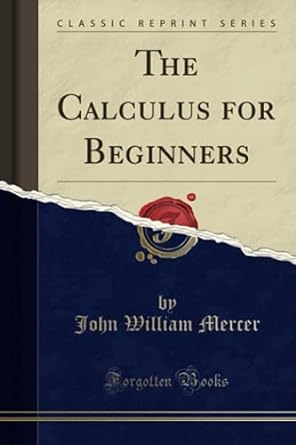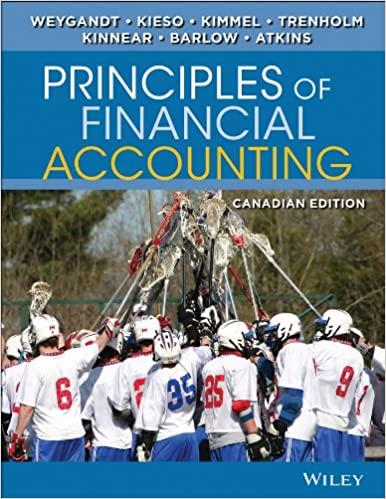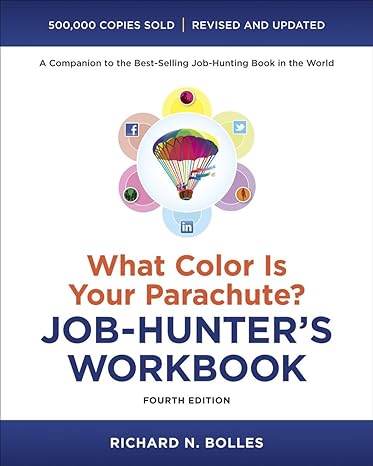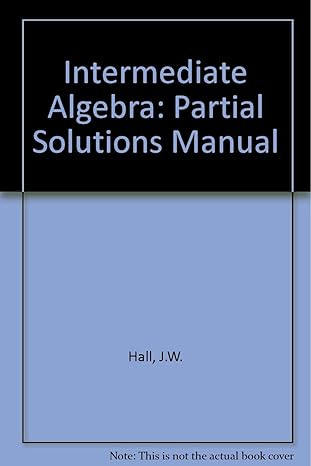Go back


The Calculus For Beginners(1st Edition)
Authors:
John William Mercer

Cover Type:Hardcover
Condition:Used
In Stock
Include with your book
Free shipping: April 16, 2024Popular items with books
Access to 3 Million+ solutions
Free ✝
Ask 10 Questions from expert
200,000+ Expert answers
✝ 7 days-trial
Total Price:
$0
List Price: $31.87
Savings: $31.87(100%)
Book details
ISBN: 139797821X, 978-1397978219
Book publisher: Forgotten Books
Get your hands on the best-selling book The Calculus For Beginners 1st Edition for free. Feed your curiosity and let your imagination soar with the best stories coming out to you without hefty price tags. Browse SolutionInn to discover a treasure trove of fiction and non-fiction books where every page leads the reader to an undiscovered world. Start your literary adventure right away and also enjoy free shipping of these complimentary books to your door.
The Calculus For Beginners 1st Edition Summary: Excerpt from The Calculus for BeginnersNo great amount of previous mathematical knowledge is assumed. A boy is supposed to know his Elementary Algebra and Trigonometry and to have some slight acquaint ance with the co-ordinate geometry of the straight line. He should be able to write down the equation of a line through a given point with a given gradient and should know the relation between the gradients of perpendicular lines. He is also expected to have had some practice in drawing graphs from their equations and to know what these graphs mean. Many of the illustrations given are arithmetical, algebraical and geometrical, but in addition to these many will be found drawn from the scientific knowledge usually at the command of boys of this age. Several of the examples are intended to lead up to the ideas afterwards presented in the text, and in the more difficult ones, especially in some which will be found in the miscellaneous sets, the boy of mathematical ability will find plenty of scope for his skill in the manipulation of symbols. It would probably be well to omit the section on Points of Inflexion (pp. 127 Â? 135) on a first reading It is found there, because there did not seem to be a more convenient place for it. I take this opportunity of thanking Professor Hobson of Cambridge for some notes on the earlier chapters, which he sent to me after seeing the manuscript, but this must not be taken to mean that anything I have written has his sanction.
Customers also bought these books
Frequently Bought Together
Top Reviews for Books
Emme Anderson
( 5 )
"Delivery was considerably fast, and the book I received was in a good condition."










